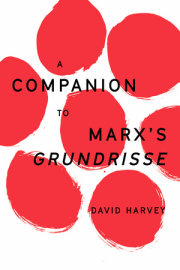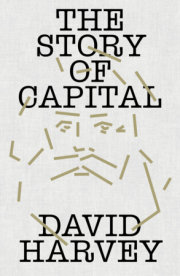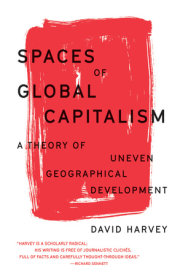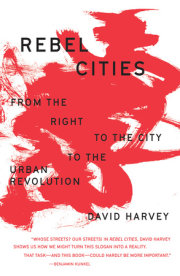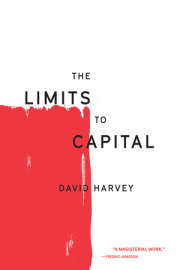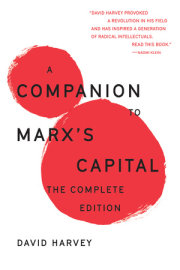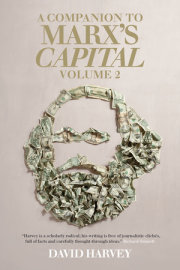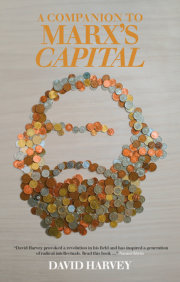"David Harvey provoked a revolution in his field and has inspired a generation of radical intellectuals."
—Wolfgang Streeck, Max Planck Institute for the Study of Societies
"Harvey is a scholarly radical; his writing is free of journalistic clichés, full of facts and carefully thought-through ideas."
—Richard Tuck, Harvard University
"Few people have penetrated the heartland of contemporary cultural theory and critique as explosively or insightfully as David Harvey."
—Financial Times
"One of the most perceptive and intelligent thinkers the progressive movement has."
—Wall Street Journal
"A consistent and intelligent voice on the left."
—Times Higher Education
"It is often said of Marx that you need to read to the end to grasp what comes at the beginning. True to that maxim, after a lifetime of studying and interpreting Marx, David Harvey has finally returned to where Marx's critique of political economy effectively began, in the famous Grundrisse. Harvey likens his Companion to accompanying the reader on a long hike, pointing out key landforms, junctions and hazards along the way. So put on your boots, fill your water bottle, and join Harvey in his dazzling venture to bring Marx's 'most interesting and difficult' book to life."
—Brett Christophers
"An indispensable companion to the Grundrisse. Harvey's newest is as illuminating for experienced readers as it is helpful for those who are encountering Marx's great text for the first time."
—Nancy Fraser
"No matter how many times I read the Grundrisse by myself, I find it a difficult text. When I read it with David Harvey, however, the text is illuminated with light from the present. Harvey uses Marx's insights to make sense of the tricks capital plays today, from its drive towards financialization to its devastation of the planet. This is an extraordinary ability. For it reminds us not only of the relevance of Marx, but by making capitalism legible in the here and now, Harvey re-commits us to struggles against it. He is truly the Marx whisperer of our times."
—Tithi Bhattacharya, Co-Author of Feminism for the 99%
"Superbly lucid."
—Charles Mudede, The Stranger
"Building on his acclaimed companions to the first and second volumes of Capital, Harvey carefully examines the drafts Marx's wrote in the 1850s, and illustrates their relevance to understanding the troubled state of contemporary capitalism."
—Climate & Capitalism
"When it comes to the critique of capitalist society over the last half century, few thinkers can rival David Harvey's influence and originality..."
—Benjamin Tetler, Marx & Philosophy Review of Books
"Just as Das Kapital provided orientation amid the Great Recession, the Grundrisse-and Harvey's interpretation of it-could be an indispensable guide to navigating our political situation today, specifically when it comes to the question of how to deal with a rapidly developing artificial intelligence and the continued, seemingly inexorable rise of China"
—Samuel McIlhagga, Foreign Policy


